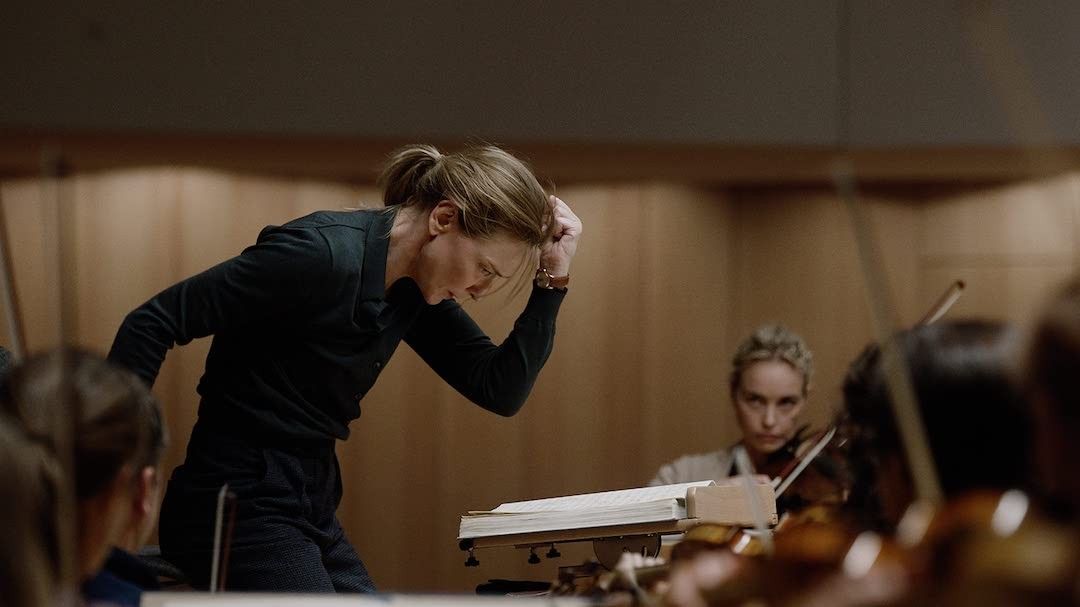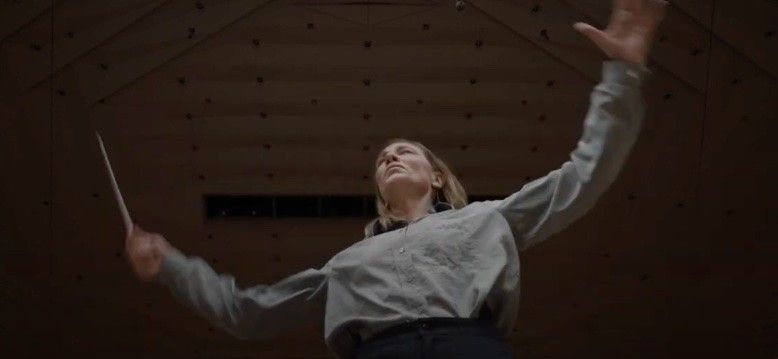
Todd Field has returned with his first original story, and it's a masterpiece.
After taking a 16-year break between his last film Little Children and his latest film, Todd Field is ready to return as one of the most celebrated filmmakers of this year with TÁR.
TÁR takes a psychological look into the world of a fictional female composer that has generated plenty of through-provoking conversations from audiences. Focusing on Lydia Tár (Cate Blanchett), a composer who becomes the first woman to conduct a major German orchestra, the film has been receiving rave reviews from critics and audiences, making it a strong contender for the upcoming award season.
Unlike his two prior features, which were adaptations of other stories, TÁR is Field’s first original story.
On an episode of Variety's Awards Circuit Podcast, Field revealed that he had written an original screenplay before. When Field finished his fellowship at the American Film Institute in the early ‘90s, he wrote an original script that he described as a French coming-of-age, similar to François Truffaut’s 400 Blows.
Unfortunately, the film was turned down by his agent who said that “the 1980s was not an era” that audiences would be interested in seeing. Depressed and discouraged, Field never showed the script to anyone.
Eventually, the chairman of Focus Features Peter Kujawski asked Field if he had written anything that he wanted to make into a feature.
“When someone gives you that kind of freedom and respect, you’re desperate to meet it, head-on,” Field said.
The story Field wanted to tell was TÁR.
He started writing the film at the very beginning of the COVID-19 pandemic, Field started to write the script and finished it within 12 weeks.
“I’m not a plotter,” Field said. “I normally think about characters. I’m interested in people and watching people’s behavior.”
The slow and provoking character epic is hard to find in modern cinema. And if you do find it, it is even rarer that those character-motivated stories can perfectly chip away at the main character until the final frame shows the full transformation of the character.
Glenn Kenny praised the film throughout his review for Roger Ebert, saying:
Much has already been written about how the film’s narrative draws from emerging stories of abusive and exploitative behavior by powerful people in the arts. Are the sublime aspirations and achievements of a Lydia Tár vitiated by her problem-person behavior, or is she finally In The Right Anyway? As it happens, Field’s film is almost equally skeptical of the culture from which a figure like Tár arose as it is of the contemporary strain in culture that seeks to debunk her. In the end, "TÁR" is not a diatribe or parable, but an interrogation, one that seeks to draw the viewers in, and compel them to consider their own place in the question.

Despite Field’s earlier attempt to write an original screenplay that was ultimately shot down, his confidence in his story and his direction shines through every frame of TÁR.
Writing is a challenging and vulnerable thing to do. Once the screenplay leaves your hands and is read by others, it is no longer your story. It evolves into something else. Have the confidence that the story you wrote has the potential to be something masterful.
Don’t be afraid to make that movie yourself either or hold on to the script until you find someone who believes in and values the story.
Have you seen TÁR? Let us know your thoughts on the movie in the comments below!
Your Comment